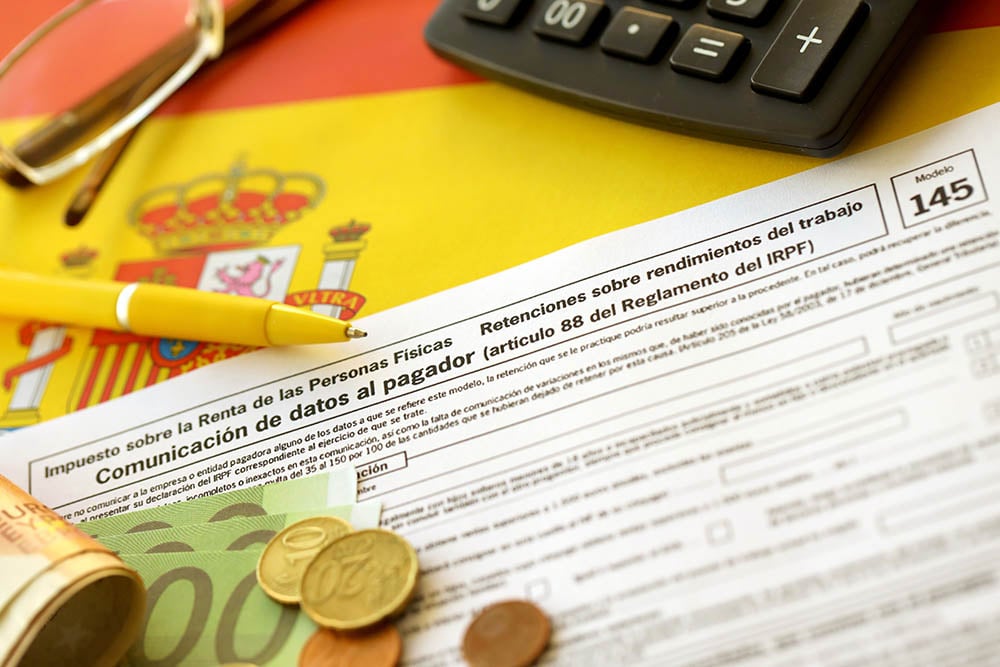Help, advice and events for expats around the world
Working with our trusted partners, we've created a library of articles, guides, videos and events covering a broad range of subjects to help people living and working abroad.
If you can't find the answers to the questions you are looking for here, our partners are on hand to help through our unique introduction service.















